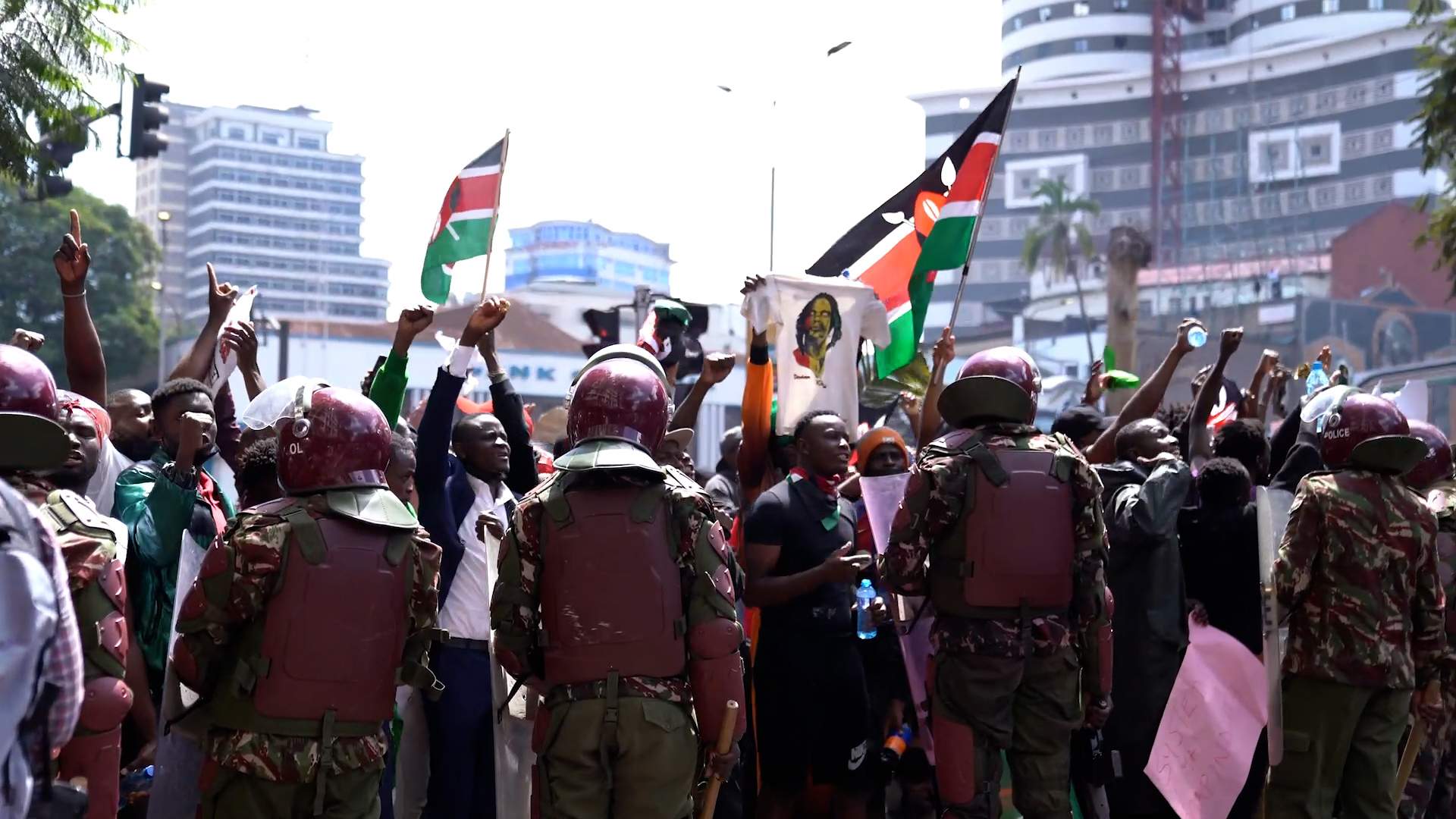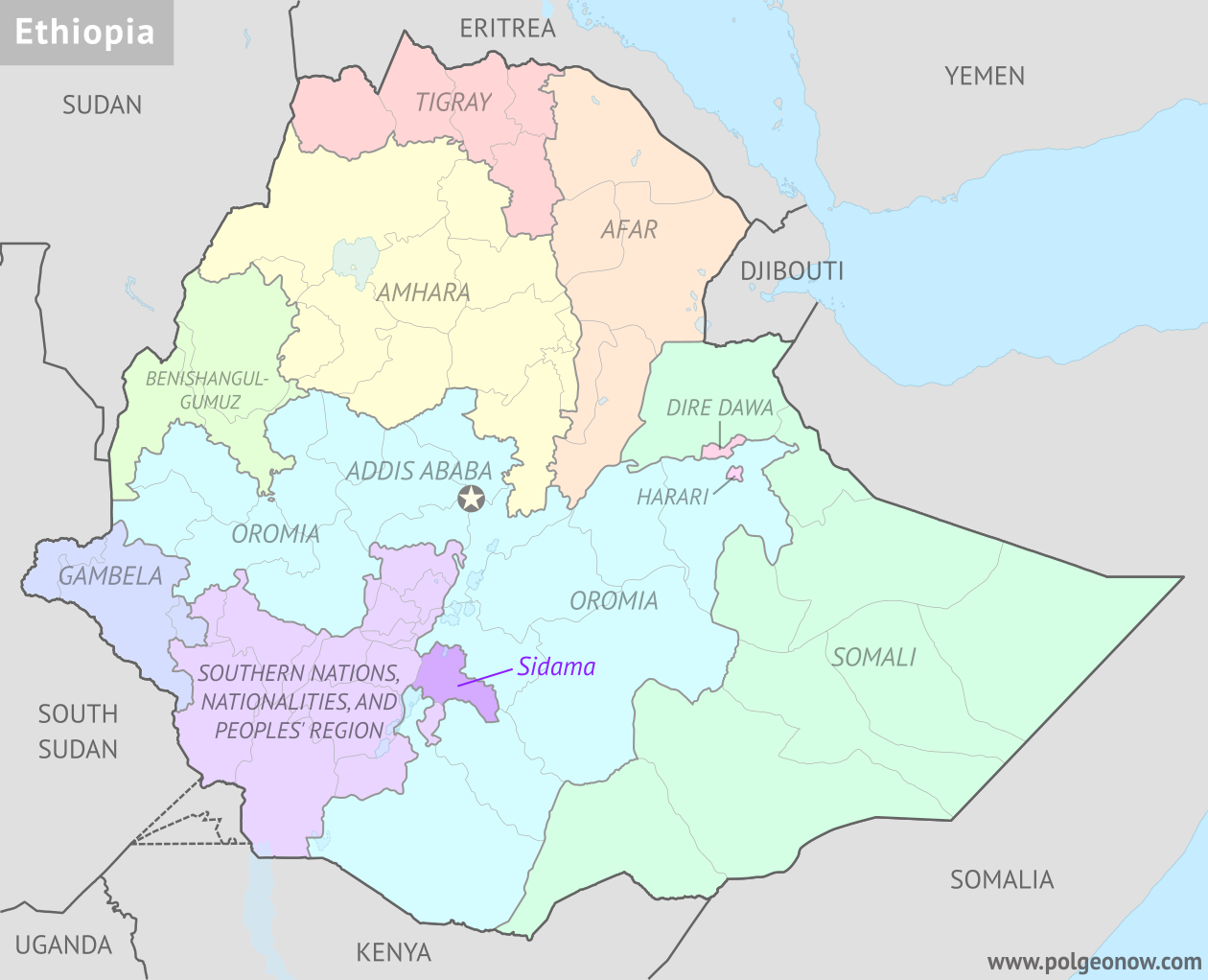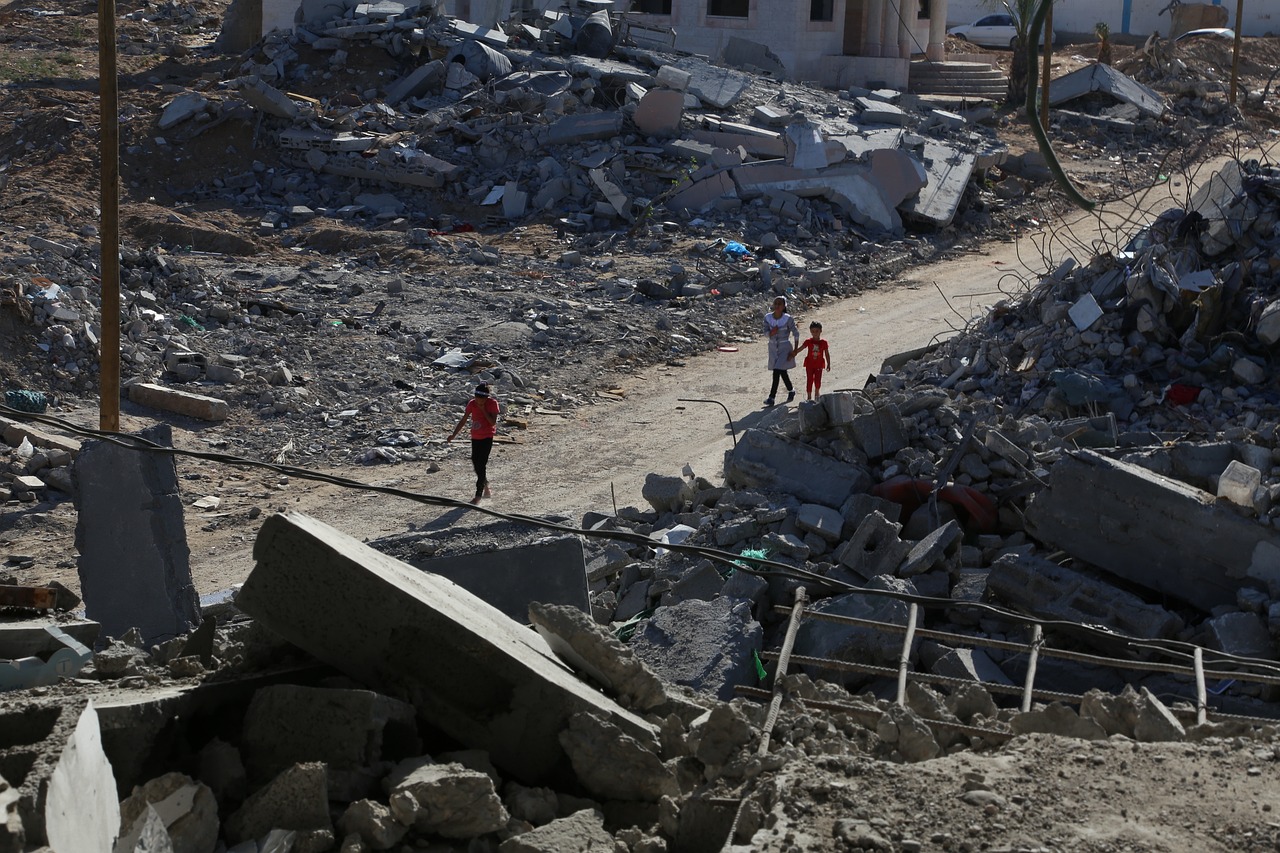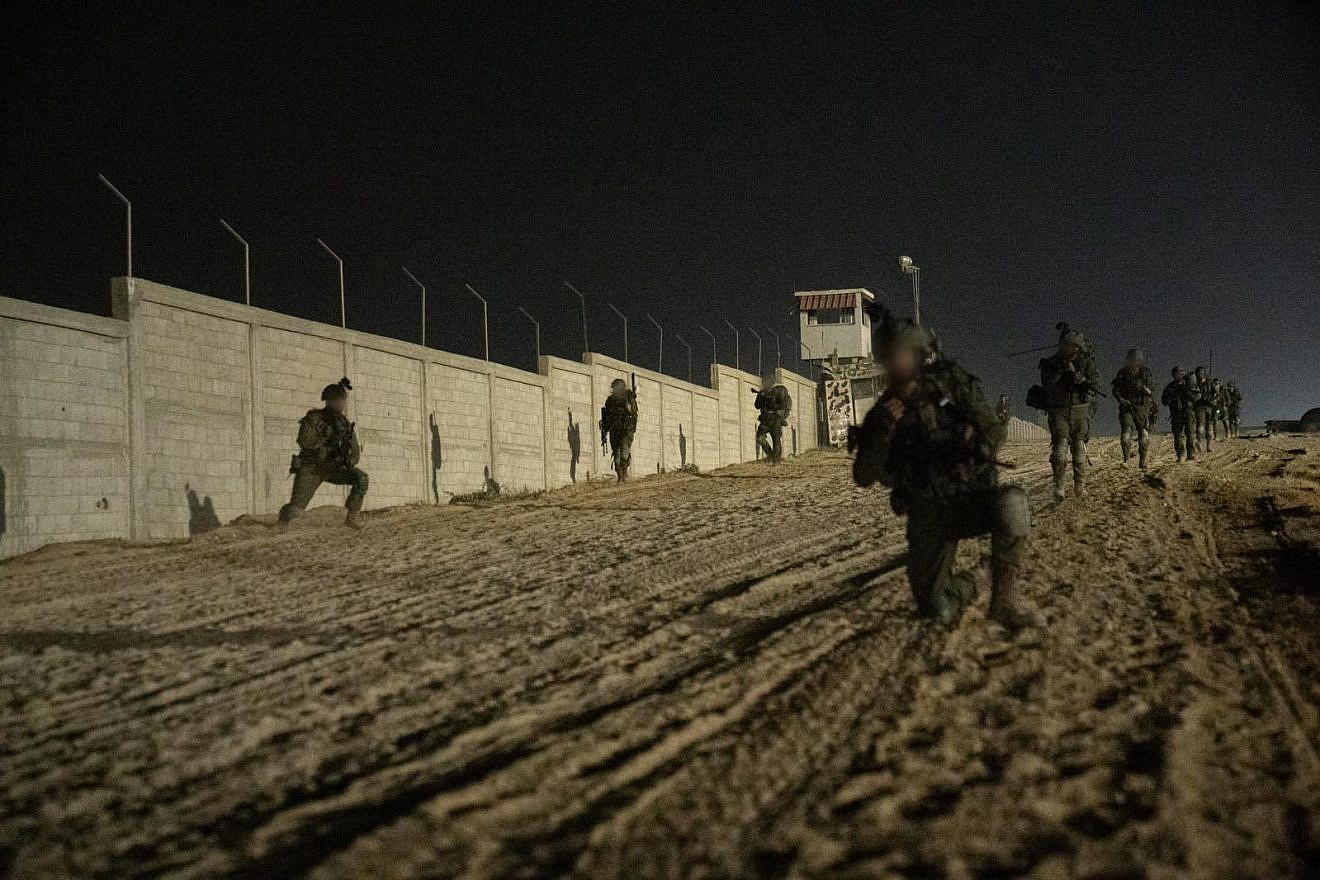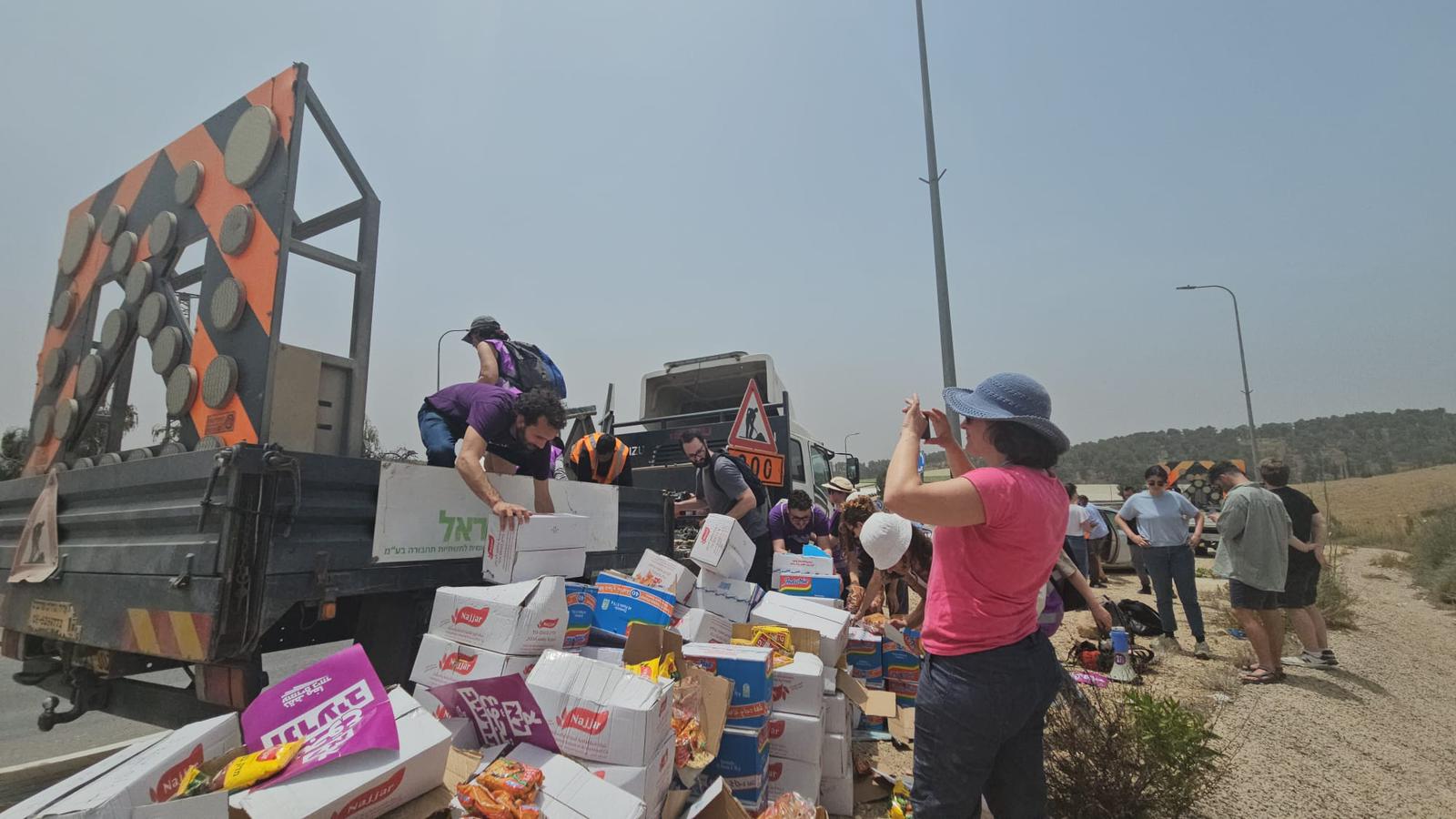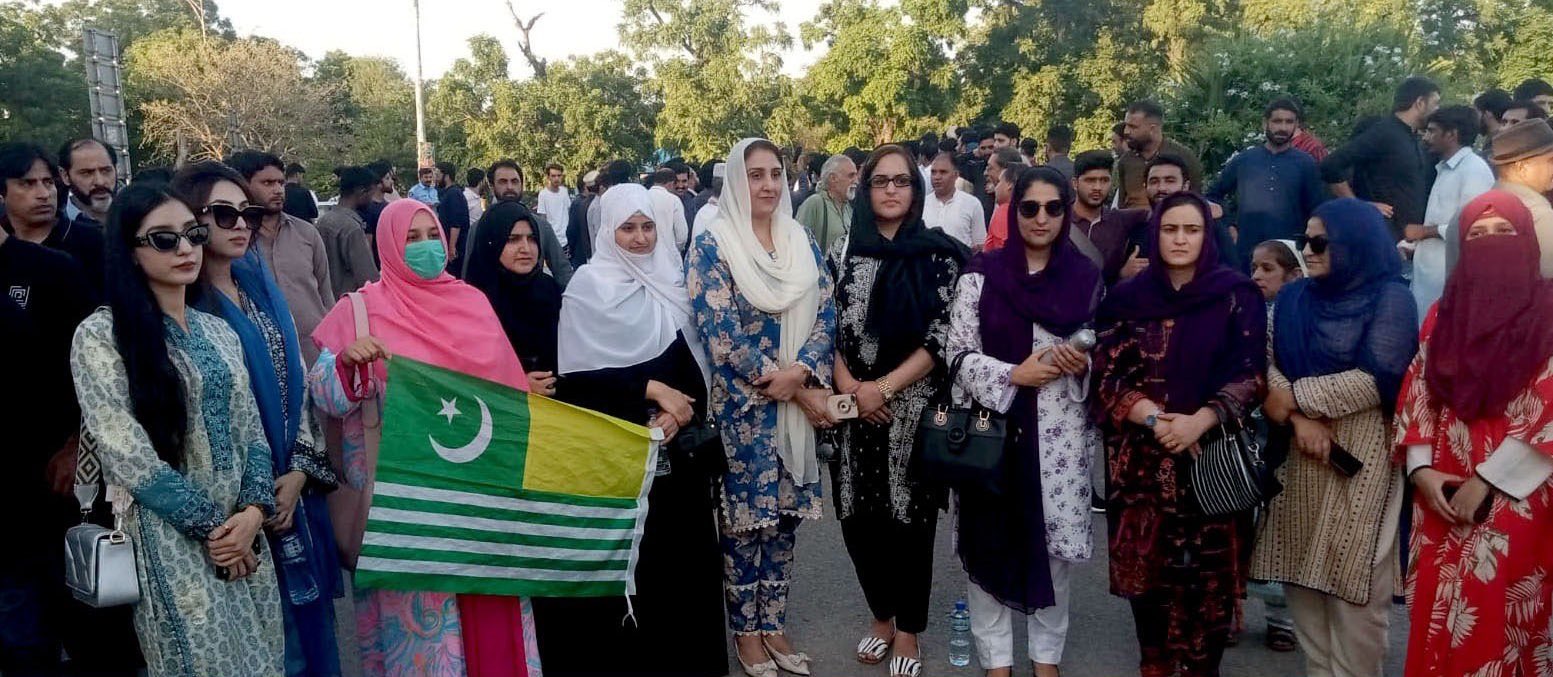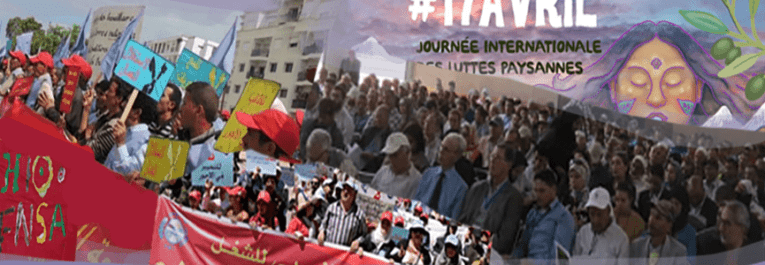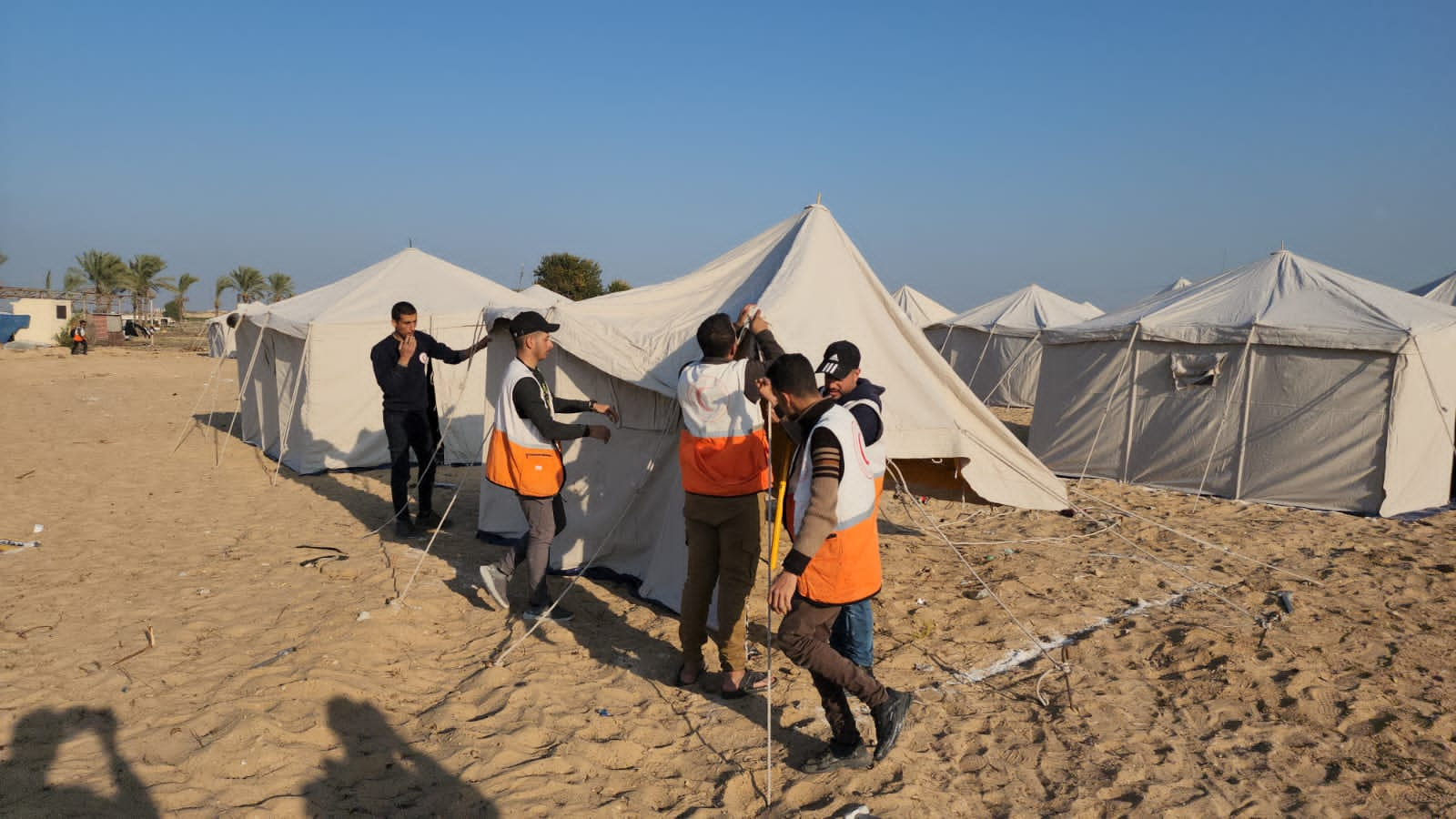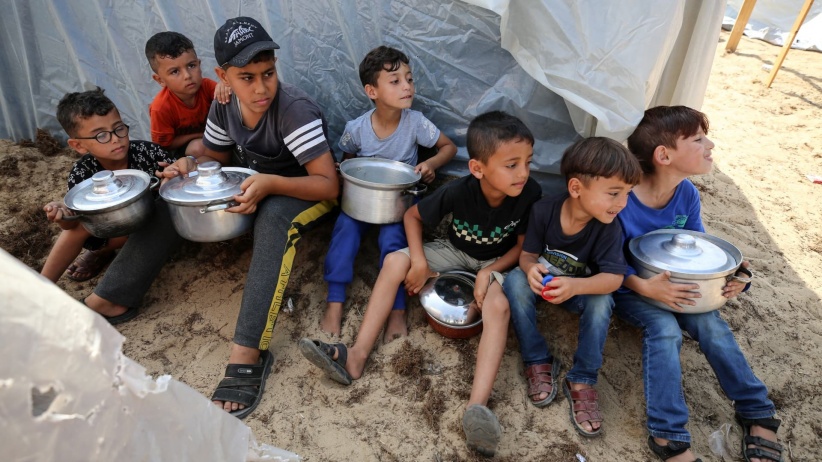
UN experts: famine spreads throughout Gaza Strip
United Nations experts affiliated with the Human Rights Council declared that famine has now undoubtedly spread throughout the Gaza Strip. The expert determination follows the deaths of three more Palestinian children by malnutrition in May and June. The experts reported that at least 34 Palestinians have died from malnutrition since the current crisis began on Oct. 7, most of whom were children. The experts stressed that inaction by the international community amounts to complicity, adding: “Israel’s intentional and targeted starvation campaign against the Palestinian people is a form of genocidal violence and has resulted in famine across all of Gaza.” (Photo: Maan News Agency)




